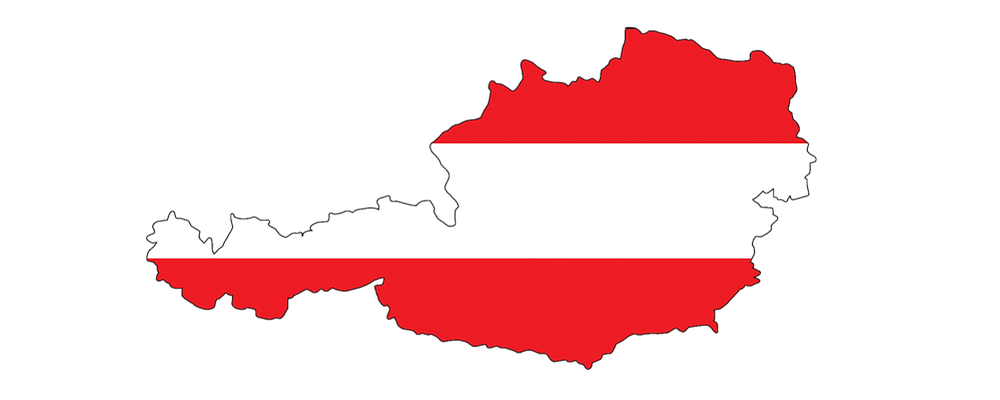Demography of Austria

Using quantitative data and methods, the group currently exerts a service function regarding research data for the WIC and the scientific community at large; furthermore, demographic analyses with a focus on Austria are on the research agenda. These activities can be grouped into three main areas:
1) Co-organising national surveys within European long-term panel research programmes and analysing research questions using these data
2) Survey research on migration and integration in Austria (asylum-seekers and refugees)
3) Research data from Austrian official statistics (utilisation, development, consultancy, analysis)
1) Generations and Gender Survey (GGS) and Survey of Health, Ageing and Retirement in Europe (SHARE): The group is a partner in the management and analysis of these research data infrastructures, thus contributing empirical data for Austria in two large-scale, multidisciplinary, cross-national European panel studies. For the special topic fertility of highly educated women - who can be seen as a vanguard within society - an additional sample of Austrian female scientists was surveyed by the group. With respect to the GGS, the WIC is represented in the Consortium Board for the Gender and Generations Programme (GGP).
With the exception of a survey on married women carried out by the VID around 1980, longitudinal data on family-related issues are available for the first time in Austria from the two waves of the GGS 2009 and 2013. Austria is one of fourteen countries with two GGS waves. This representative sample of women and men enables to study family formation plans and their realisation as well as family trajectories. Quantitative and qualitative approaches are applied by the group to get deeper insights into fertility aspirations and family formation amongst others.
Using the panel data from SHARE, different aspects of ageing have been analysed by the group in the past, e.g. cognition, mental health, social participation, intergenerational transfers or ambient assisted living.
2) Research on displaced persons: This new research line was developed along with the steep increase of refuge-seeking people in Europe during 2015. Given the enormous social, cultural and economic impact of the large number of individuals applying for asylum, it was seen important to not only count these persons but to study their structure and motivation. The research group initiated a survey known as the ‘Displaced Persons in Austria Survey (DiPAS)’ among asylum-seekers and refugees who arrived in Austria in 2015. Researchers from all three pillars of the WIC joined for this landmark survey aiming to uncover the sociodemographic characteristics of displaced persons, particularly in terms of human capital, as well as their attitudes and values. In 2018, the research group collaborated with the Vienna University of Economics and Business and wiiw (Wiener Institut für Internationale Wirtschaftsvergleiche) to collect among refugees data on health. ReHIS (Refugee Health and Integration Survey) was organized around five main themes, namely SRH, access to health services, satisfaction with health services, psychosocial stress and resulting restrictions, discrimination experiences, and demography. Results based on DiPAS and ReHIS weredisseminated via various channels. They are highly relevant for policy-making and the on-going societal dialogue and can help to make informed assessments about the integration potential of the displaced population into the host society.
3) Research data from Austrian official statistics: Cooperation with STAT has played an important role from the very beginning. Several joint ventures concerned record-linkage by statistical matching of census populations and the deceased in order to study socio-economic mortality differentials. The VID has commissioned questions on childbearing and fertility intentions in the Austrian micro-census every five years. In order to coordinate data needs and support data utilisation within WIC, a loose “Austrian data interest group” (ADIG) has been initiated.
The Wittgenstein Centre aspires to be a world leader in the advancement of demographic methods and their application to the analysis of human capital and population dynamics. In assessing the effects of these forces on long-term human well-being, we combine scientific excellence in a multidisciplinary context with relevance to a global audience. It is a collaboration among the Austrian Academy of Sciences (ÖAW), the International Institute for Applied Systems Analysis (IIASA) and the University of Vienna.
